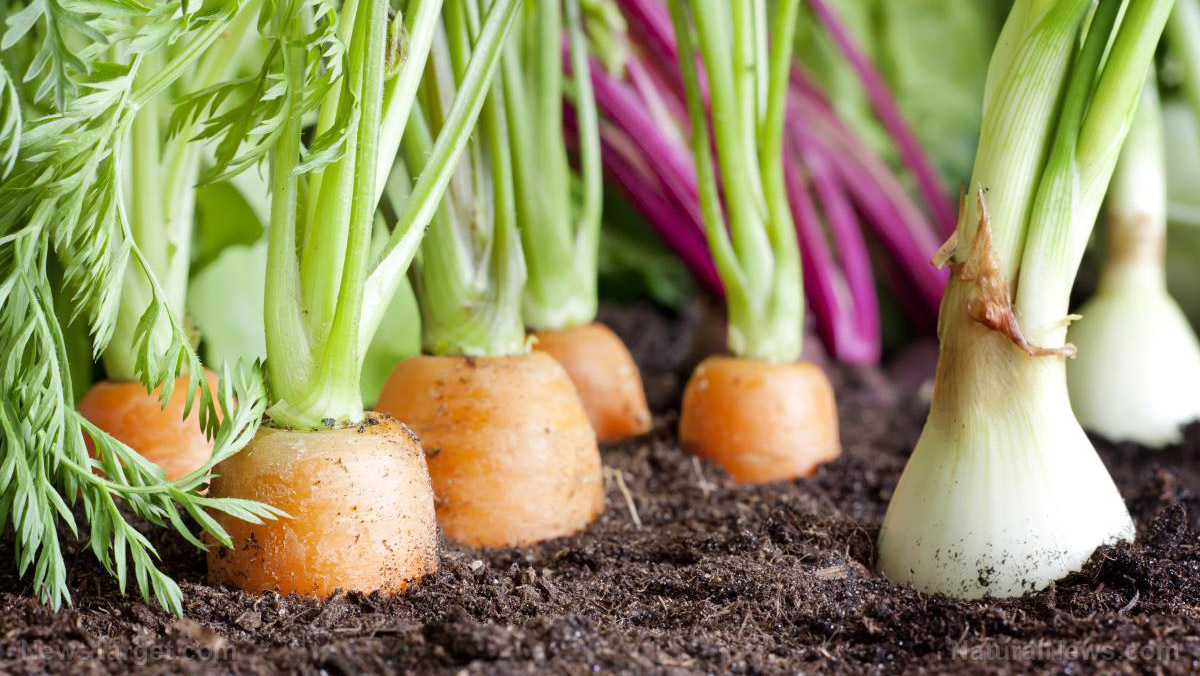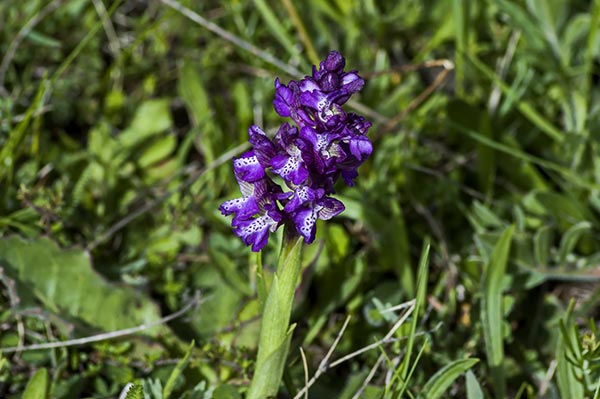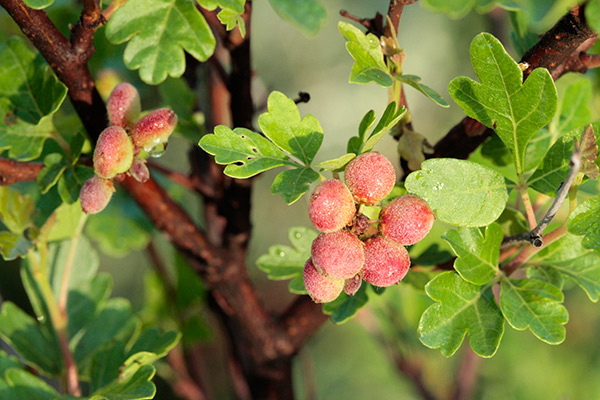Naturally occurring flavonoid in herbs and vegetables found to induce cancer cell death
07/06/2020 / By Evangelyn Rodriguez

Luteolin is a flavonoid found in many herbs and vegetables that are part of the human diet. Examples of these plant-based foods include chamomile, celery, green peppers and thyme.
Being a widely studied flavonoid, luteolin’s biological activities are well-discussed in several studies. Besides having anti-inflammatory and antioxidant activities, luteolin is perhaps best-known for its anti-cancer activities.
According to a study published in the European Journal of Cancer Prevention, luteolin is able to prevent the development of tumors largely by inactivating chemical signals and gene expression pathways essential for cancer cells.
To explore the influence of luteolin on esophageal cancer cells, researchers at the Southeast University in China recently conducted an in vitro study using Eca 109 cells. Their objective was to determine the mechanisms underlying luteolin’s anti-cancer effects.
The researchers reported their findings in an article published in the journal Food Science and Human Wellness.
Luteolin stops the growth of cancer by inducing cancer cell apoptosis
For their experiment, the researchers exposed Eca 109 cells to different concentrations of luteolin (0, 40, 80, 120, 160, 200, 240 microMolar) for 24, 48 and 72 hours, respectively, and evaluated its effect on cell proliferation.
They also treated Eca 10 cells with 0, 40, 160 and 240 microMolar luteolin for 24 hours and used flow cytometry to determine its effect on cell cycle progression and apoptosis.
The researchers then analyzed the mRNA and protein expressions of caspase-9 and -3 — two enzymes involved in apoptosis — using real-time PCR and Western blot, respectively.
They found that luteolin inhibited the proliferation of Eca 109 cells at all concentrations in a time-dependent manner. The relative inhibition rate showed an inverted U-shaped association with luteolin concentration.
Luteolin also arrested the cell cycle in the S phase and induced apoptosis of Eca 109 cells at 40, 160 and 240 microMolar.
Additionally, the researchers reported that as luteolin concentration increased, its effects changed from promotional to inhibitory — that is, the effect of luteolin on the mRNA and protein expression of caspase-9 and caspase-3 first manifested as promotion, then inhibition.
Based on these findings, the researchers concluded that luteolin kills esophageal carcinoma cells by inducing cell apoptosis via increased expression of caspase-3 and -9.
Other plant-based foods that help fight cancer
When it comes to cancer prevention, a plant-based diet is the number one recommended diet by health experts. A plant-based diet isn’t synonymous with the vegetarian or vegan diet — that is, it doesn’t completely do away with meat. This diet only requires a person to eat more minimally processed plant-based foods, such as fruits, vegetables and whole grains, than animal-based foods.
According to studies, the nutrients found in plant-based foods can significantly reduce the risk of several types of cancer. These nutrients include vitamins, minerals, different plant nutrients and dietary fiber. Research has also found that consuming at least six ounces of whole grain foods daily lowers the risk of colorectal cancer (CRC) by 21 percent. CRC is the third most common cancer diagnosed in the United States.
Here are some anti-cancer foods recommended by experts at the University of Michigan Rogel Cancer Center Symptom Management and Supportive Care Program for an effective cancer-preventive plant-based diet: (Related: Prevent cancerous tumors naturally with time-restricted eating.)
Legumes
Legumes refer to the fruits or seeds of plants from the pea family. Also called pulses, these superfoods are often found in mature, dry conditions. Examples of great legumes to add to you anti-cancer diet include kidney beans, pinto beans, split peas, black and yellow beans and red lentils. These legumes contain plenty of anti-cancer compounds, such antioxidants, lignans, saponins, resistant starch, plant sterols and flavonoids.
Whole grains
Whole grains like barley, brown rice, millet, quinoa, whole wheat bread and oatmeal are rich in dietary fiber, which helps keep your heart and digestive system healthy. They also contain resistant starch, polyphenols and protease inhibitors that are said to have powerful anti-cancer properties.
Besides these healthy grains, experts also recommend eating flaxseed, a fiber- and protein-rich superfood that contains anti-cancer nutrients, such as alpha-linolenic acid (ALA), lignans and gamma-tocopherol (vitamin E).
However, they warn that eating refined grains won’t confer the same protection as whole grains. This is because refined grains lose most of their nutrient content during processing, rendering them ineffective for disease prevention.
Learn of other plant-based foods that help prevent cancer at PreventCancer.news.
Sources include:
Tagged Under: alternative medicine, anticancer, cancer cures, disease treatment, food is medicine, foodcures, functional food, luteolin, natural cures, natural medicine, Oncology, phytonutrients, plant-based diet, research
RECENT NEWS & ARTICLES
COPYRIGHT © 2017 PHYTONUTRIENTS NEWS


















